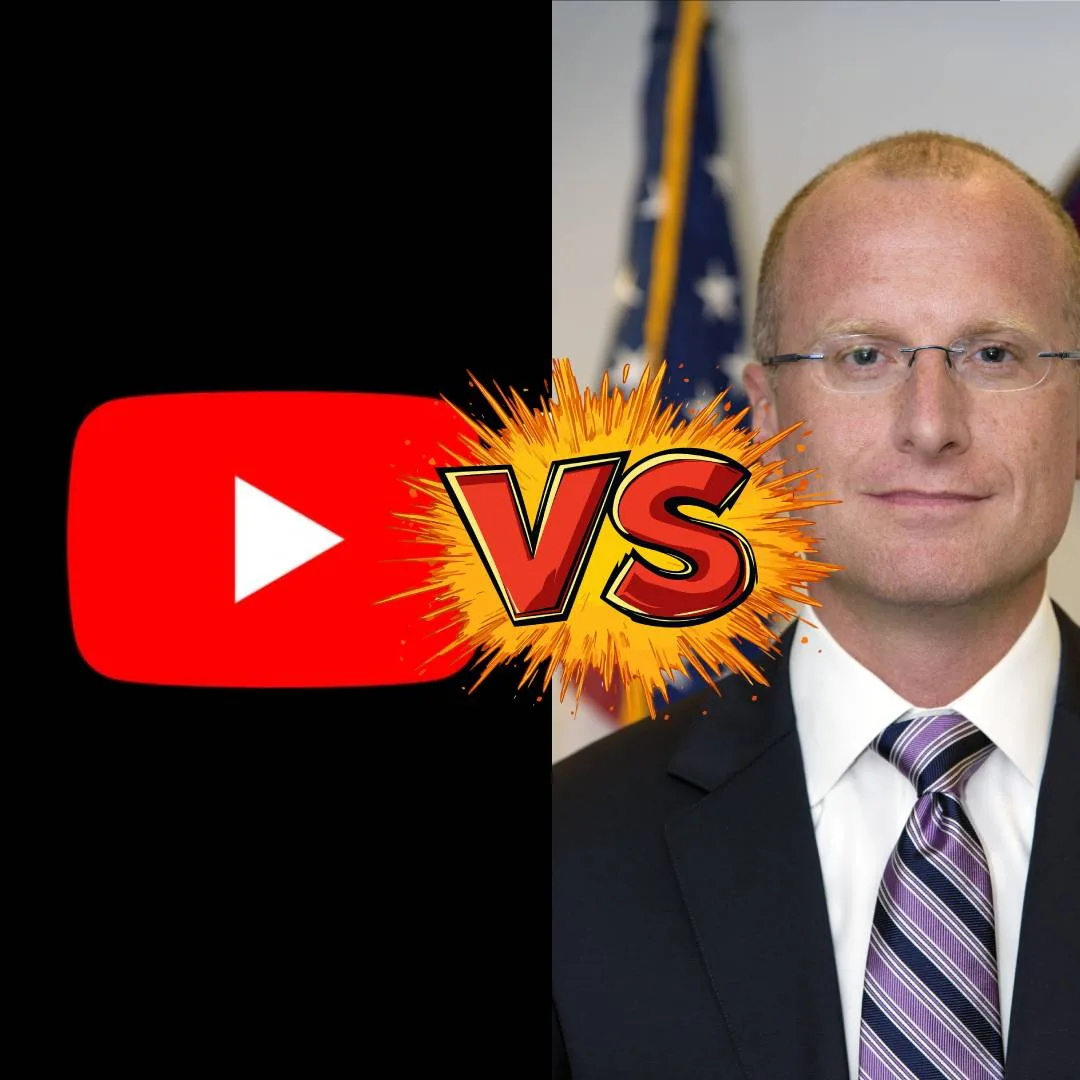In recent weeks, FCC Chair Questions Youtube TV on Faith based content and have sparked significant debate within the media and content regulation spheres. The intersection of faith, freedom of expression, and content moderation is a growing concern, particularly as media consumption continues to shift toward digital platforms.
The Role of FCC and its Influence on Media Platforms
The FCC is tasked with overseeing communication channels in the United States, from television and radio to digital platforms. Historically, its role has focused on ensuring fair practices in broadcasting, maintaining a balance of content diversity, and safeguarding against harmful or discriminatory material. However, As services like YouTube TV grow, questions are being raised about the FCC’s role, especially when it comes to faith-based content.
Faith and Content Regulation: A Complex Conversation
One of the main concerns raised by the FCC Chair (Brendan Carr) is how faith-based content is managed on platforms like YouTube TV. These platforms represent a new frontier, where algorithms, community guidelines, and user-generated content intersect.
The FCC Chair’s questions highlight a pressing issue: should faith-based content be subject to stricter regulations or removed entirely? Should digital platforms like YouTube TV enforce content policies that reflect the values of different religious communities? And how can platforms strike a balance between free expression and the protection of viewers from potentially harmful or biased content?
The Impact on YouTube TV and Similar Platforms
YouTube TV, with its extensive library of content, reaches millions of viewers daily. The platform is often seen as a hub for diverse programming, including religious content. However, Content moderation policies and fairness in algorithm-driven recommendations have raised concerns about whether faith-based videos are being unfairly promoted or suppressed.
The FCC Chair’s inquiry brings these concerns to the forefront. How will YouTube TV, a platform that serves millions of subscribers, respond to increased calls for more stringent regulations on religious content? Will it face pressure to monitor videos more closely and adjust its algorithms to ensure balanced representation?
The Potential Consequences for Content Creators and Viewers
For content creators, particularly those who produce faith-based programming, the FCC Chair’s questioning raises the possibility of new content restrictions. Religious programming, already a niche category on YouTube TV, may face heightened scrutiny, impacting how creators distribute their work.
For viewers, the potential for content regulation may influence what they see in their feeds. Those who seek religious or spiritual programming could be directly affected if platforms are pressured to remove certain types of content or apply restrictions that limit the diversity of faith-based media.
What Does This Mean for the Future of Online Content?
The intersection of faith and content regulation on platforms like YouTube TV marks the beginning of what could be a larger conversation about the role of the FCC in overseeing digital platforms. With the rapid evolution of online streaming services and the growing influence of user-generated content, questions about fairness, freedom of expression, and content diversity are becoming more complex.
As media continues to evolve, so too will the regulatory landscape. The FCC’s position on faith-based content could be a bellwether for how streaming platforms approach content moderation in the future, particularly in terms of striking a balance between regulating harmful material and allowing freedom of expression.
TL;DR
FCC Chair Questions Youtube TV on Faith based streaming platforms like YouTube TV. This brings forward a key issue for both content creators and viewers alike. The balance between regulation, freedom of expression, and protecting audiences from potential harm is an ongoing challenge for digital platforms.
As the landscape of media continues to evolve, it will be critical for policymakers, digital platforms, and viewers to engage in an open dialogue about the future of content regulation. Faith-based content, like all media, will continue to play a significant role in shaping the way we consume and experience digital media. How it will be regulated in the future remains to be seen, but one thing is clear: the conversation has only just begun.
